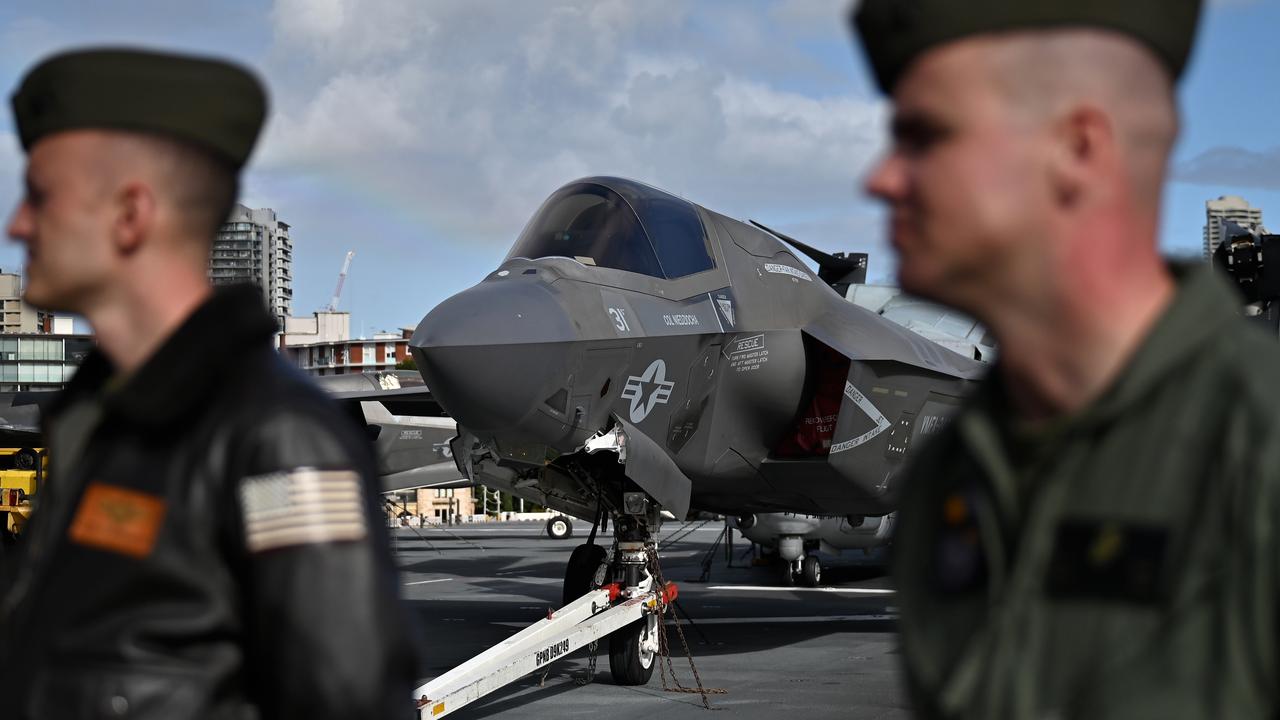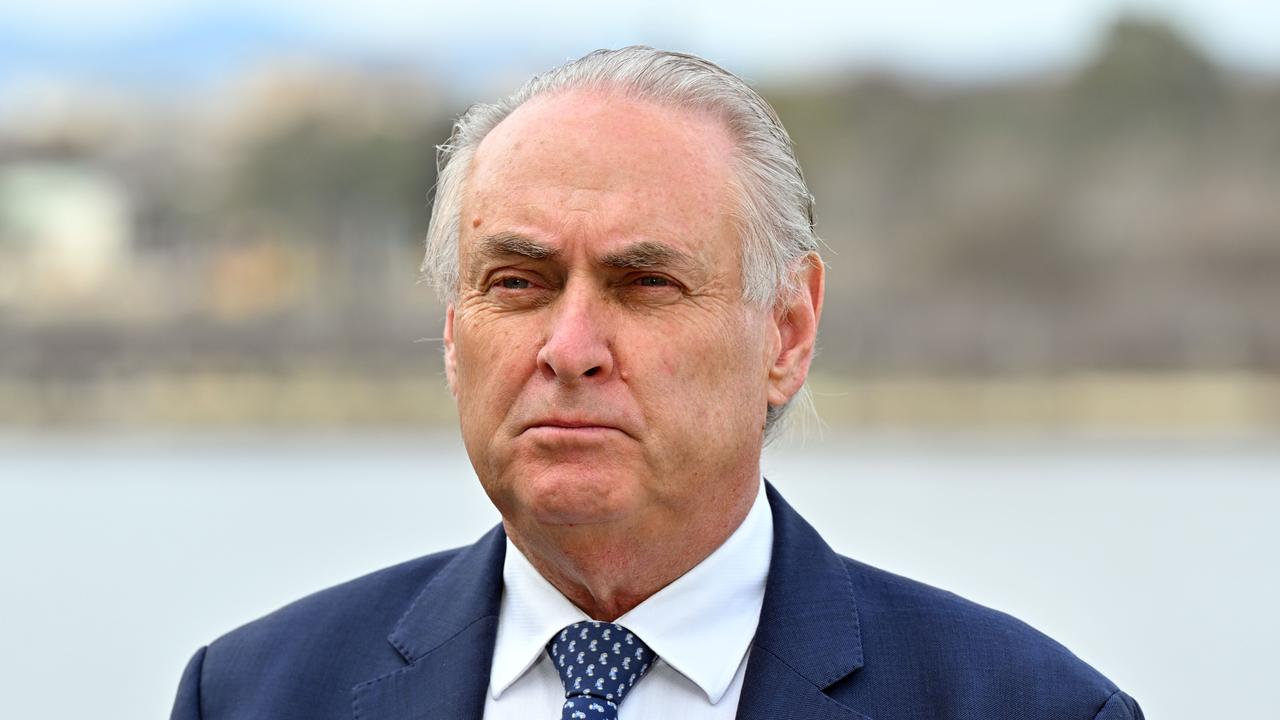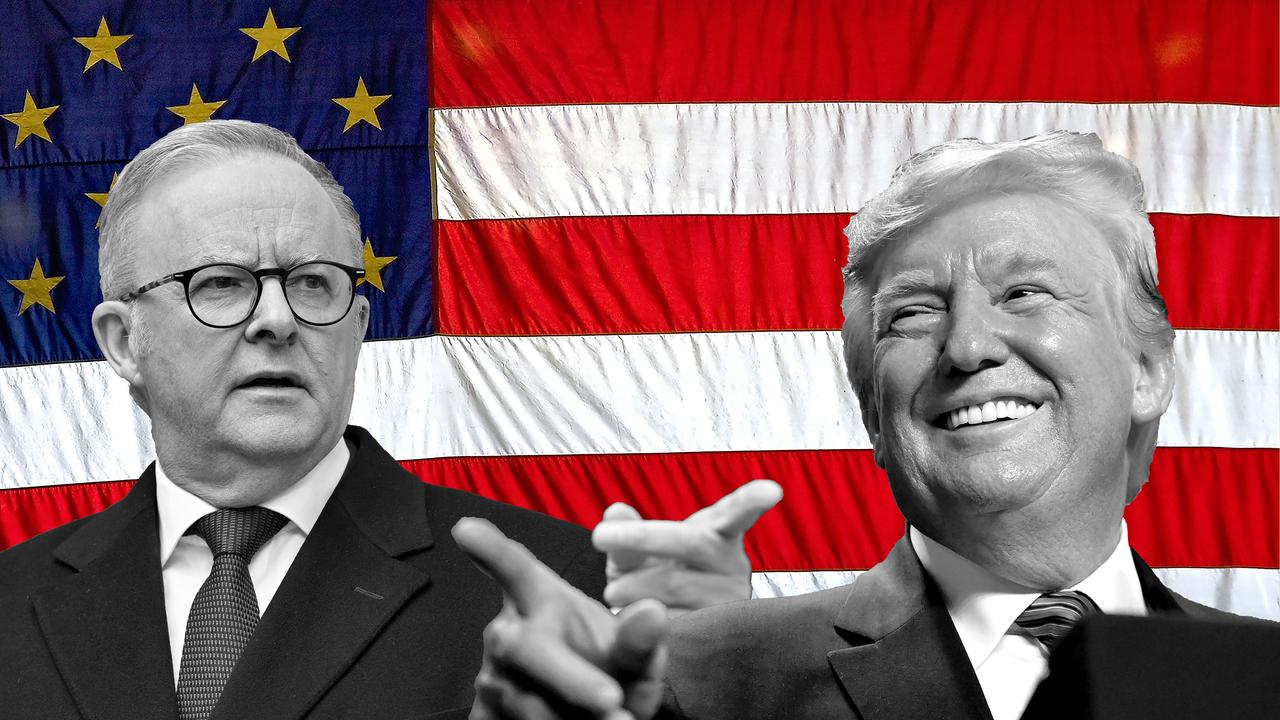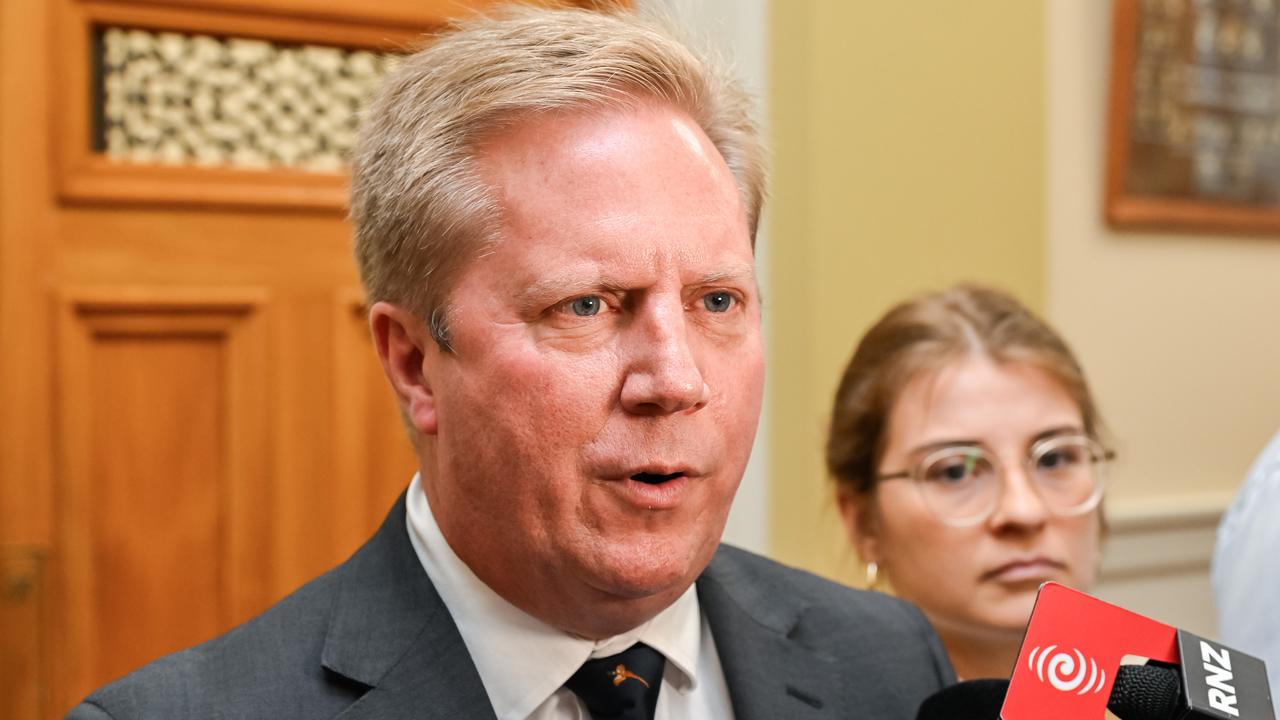
Australia and New Zealand are working to leverage their critical minerals reserves against a dependent United States in the hopes of achieving more favourable trade deals.
Australia is working to secure a critical mineral deal with the US ahead of a hotly anticipated meeting between Prime Minister Anthony Albanese and President Donald Trump in Washington on October 20.
Trade Minister Don Farrell had an extended meeting with US trade representative Jamieson Greer about access to Australia's vast stockpiles on the sidelines of the ASEAN summit in Malaysia.
Such minerals are in demand as they form key components for renewable technology and batteries as the world transitions to clean energy, as well as high-tech military equipment like fighter jets.

"We've got the critical minerals that the world needs, we believe we've got the technology to extract it," Senator Farrell said on Friday at a joint press conference with NZ counterpart Todd McClay.
"We are having those discussions with the Americans. Those discussions haven't yet been finalised but we'll continue to engage very positively with the United States on that score.
"I think there's interest from both Australia's point of view and the United States' point of view in reaching an agreement on the future of critical minerals."
Australia has flagged a willingness to sell shares in a strategic critical mineral reserve to allies that want to reduce their dependence on China.
Mr Albanese is expected to use the minerals as a bargaining chip during his meeting with Mr Trump as Australia tries to carve itself out of US tariffs.

It comes after the prime minister travelled to London to meet British counterpart Kier Starmer.
Australia, the UK and the US have formed a tripartite pact to develop new-generation nuclear submarines and advanced defence technology.
Mr Trump has said an overreliance on foreign critical minerals and their derivatives jeopardised the defence capabilities and a shored up supply chain was vital for national security.
Mr McClay played down concerns over the US imposing any tariffs on the minerals.
"I would be surprised if we saw tariffs on critical minerals because they are in demand and someone else would always want to buy them," he said.
New Zealand had also conducted a stocktake of its critical minerals and expected high demand for its rare earths, including from Australian companies.

"We're always keen to work closely with Australia, particularly if it's good for our two economies," Mr McClay said.
"At the same time, it sends a very clear message of the benefits of trade."
Both nations are also part of a regional free trading pact known as the Comprehensive and Progressive Agreement for Trans-Pacific Partnership.
"There are now more than half a dozen countries around the world that can see the benefits of free trade and want to join," Senator Farrell said, as US tariffs send shockwaves through global trade.
This included interest from Indonesia, Costa Rica and Uruguay, while the Europeans have indicated they wanted to participate in talks in the coming weeks when members meet, he said.
EU trade chief Maros Sefcovic will be in Australia in October for free trade negotiations.







